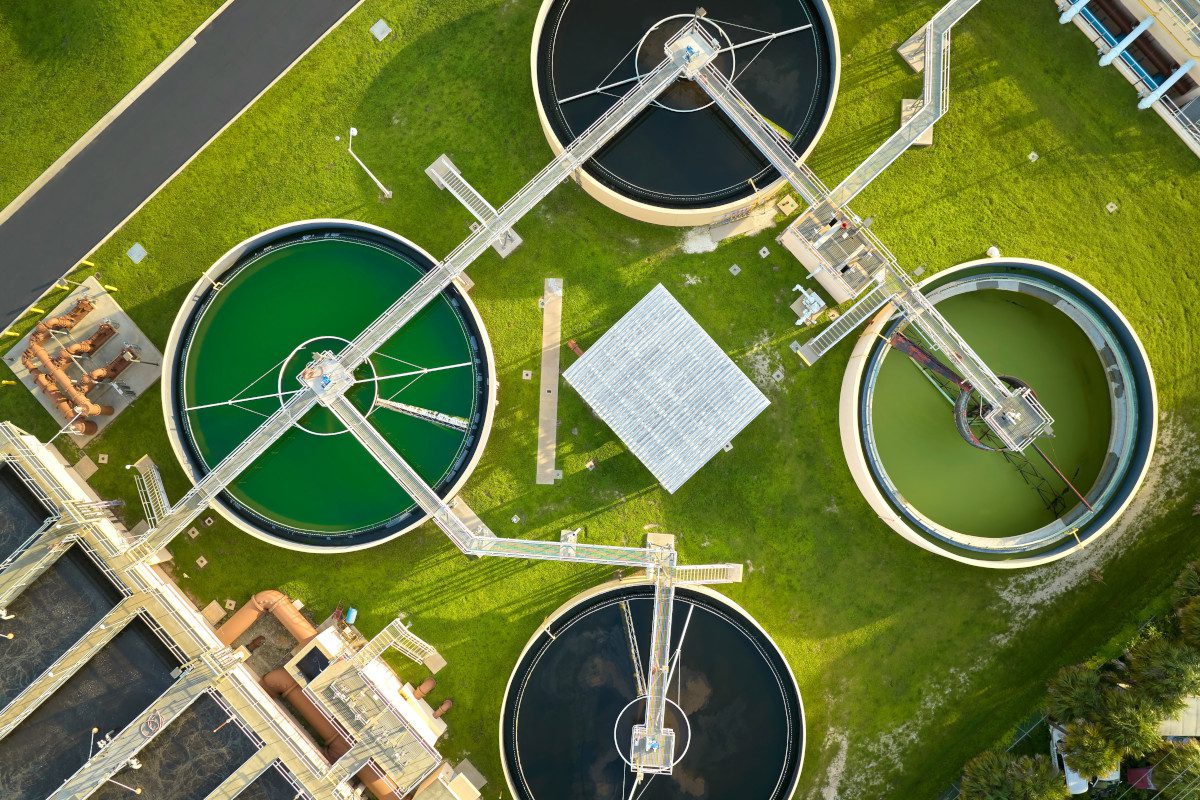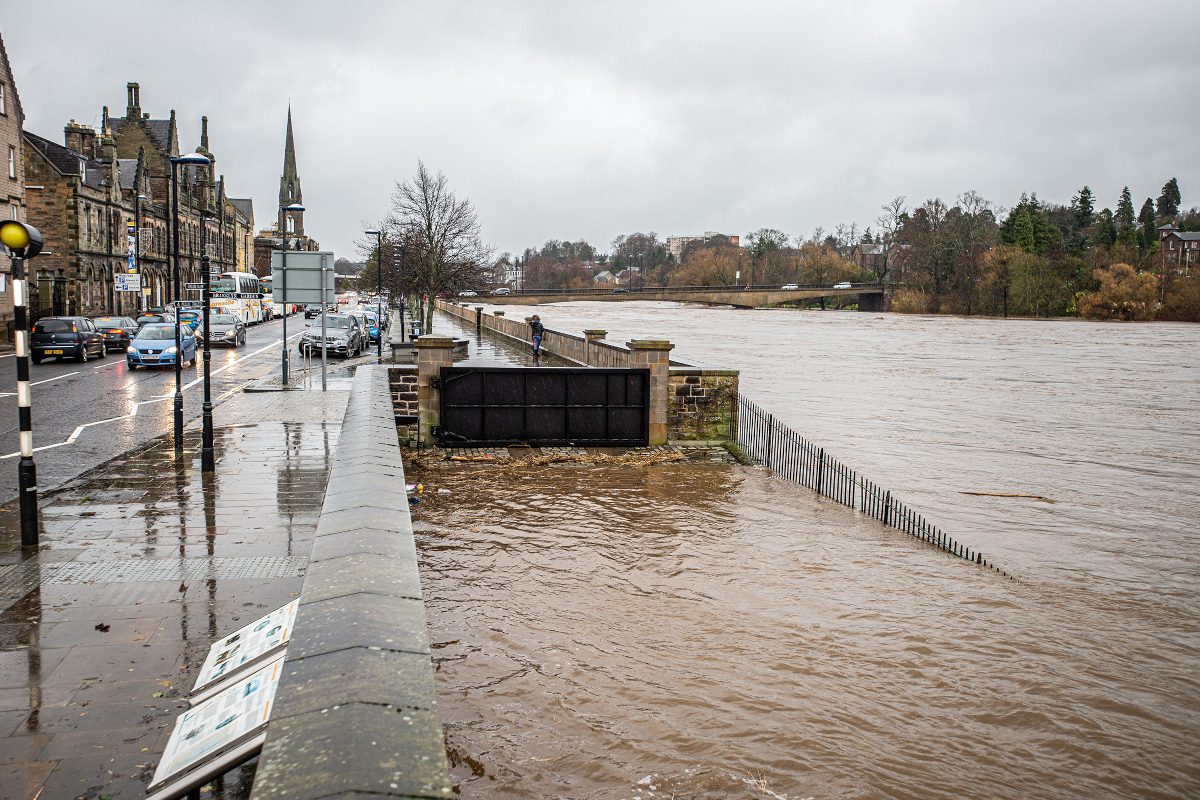The source of pollutants in rivers and freshwater lakes can now be identified using a comprehensive new water quality analysis, according to scientists at the University of Cambridge and Trent University, Canada.
Microparticles from car tyres, pesticides from farmers’ fields, and toxins from harmful algal blooms are just some of the organic chemicals that can be detected using the new approach, which also indicates the impact these chemicals are likely to have in a particular river or lake.
Importantly, the approach can also point to the origin of specific organic matter dissolved in the water, because it has a distinct composition depending on its source.
It uses a technique called high-resolution mass spectrometry to analyse water samples: within an hour this provides a comprehensive overview of all the organic molecules present.
Water quality is strongly determined by the diversity of organic matter dissolved in it – termed ‘chemodiversity.’ The scientists say that the thousands of different dissolved organic compounds can keep freshwater ecosystems healthy, or contribute to their decline, depending on the mixture present.
The paper was published on 28 March in the journal Science.
“Traditional approaches to monitoring water quality involve taking lots of different measurements with many devices, which takes a lot of time. Our technique is a very simple way to get a comprehensive overview of what’s going on in a particular river or lake,” said Jérémy Fonvielle, a researcher in the University of Cambridge’s Department of Biochemistry and co-author of the paper.
To understand what drives this chemodiversity, the team reviewed studies of dissolved organic matter in freshwater samples from rivers and lakes across Europe and northern Canada.
For example, water analysis of Lake Erie in Canada revealed high levels of phosphorus pollution. By looking at the composition of individual molecules in the water sample, researchers identified agricultural activities as the source of this pollution, rather than wastewater effluent.
“Whereas before, we could measure the amount of organic nitrogen or phosphorus pollution in a river, we couldn’t really identify where pollution was coming from. With our new approach we can use the unique molecular fingerprint of different sources of pollution in freshwater to identify their source,” said Dr Andrew Tanentzap at Trent University School of the Environment, co-author of the report.
Traditional approaches involve separately measuring many indicators of ecosystem health, such as the level of organic nutrients or particular pollutants like nitrogen. These can indicate the condition of the water, but not why this state has arisen.
Dissolved organic matter is one of the most complex mixtures on Earth. It consists of thousands of individual molecules, each with their own unique properties. This matter influences many processes in rivers and lakes, including nutrient cycling, carbon storage, light absorption, and food web interactions – which together determine ecosystem function.
Sources of dissolved organic matter in freshwater include urban runoff, agricultural runoff, aerosols and wildfires.
“It’s possible to monitor the health of freshwater through the diversity of compounds that are present. Our approach can, and is, being rolled out across the UK,” said Tanentzap.
Fonvielle will now apply this technique to analysing water samples from farmland drainage ditches in the Fens, as part of a project run by the University of Cambridge’s Centre for Landscape Regeneration to understand freshwater health in this agricultural landscape.

















